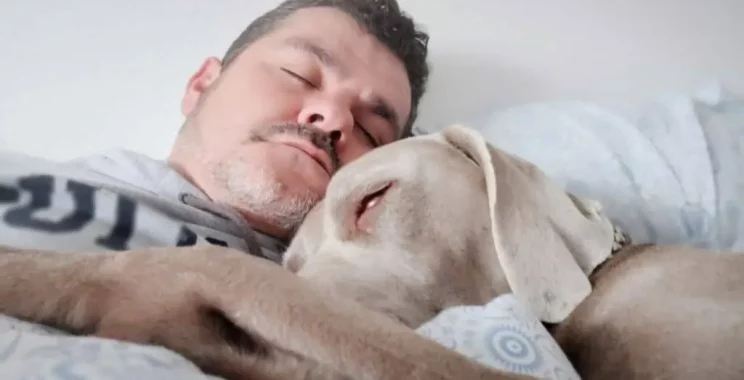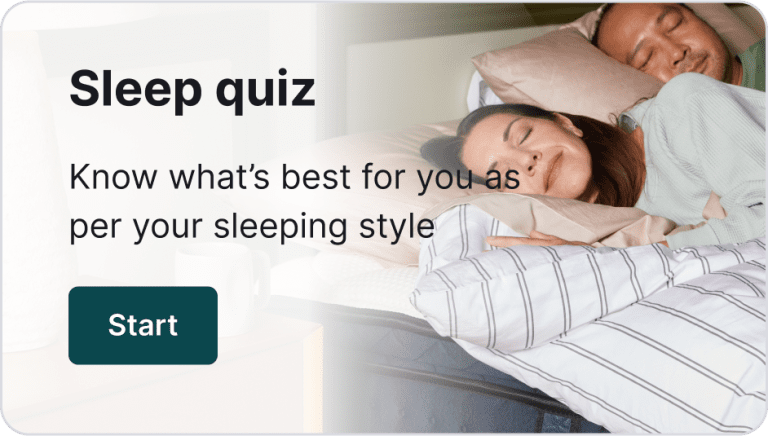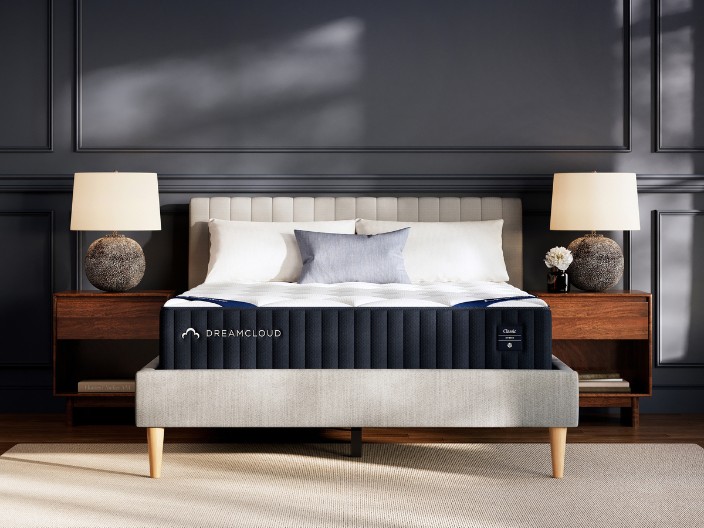Excessive Daytime Sleepiness: What’s Up With That?
Share
Fact checked
Reviewed by experts
Updated
December 28, 2022
Quick read
5 mins to read
List of Content
It’s a warm afternoon and the day is wrapped in stillness, save for a few a chirpy cicadas that are drifting you into a delicious snooze. However, you have that project to finish! In such a case you either had a pretty large meal, didn’t have a restful sleep the previous night or are suffering from excessive daytime sleepiness.
So, what is excessive daytime sleepiness?
While the syndrome is often connected with sleep deprivation, sleep apnea or medications, it is also one of the major symptoms of narcolepsy, a major sleep disorder, often characterized by sleep paralysis, excessive sleepiness and hallucinations.
Excessive daytime sleepiness is one of the most sleep-related disorders affecting around 20 percent of the American population. It in fact, has resulted in many dire consequences like 100,000 motor vehicle accidents, resulting in 71,000 injuries and 1,500 deaths. (source)

Most of these diseases often go undetected or untreated for a myriad of reasons. Some of them are:
- Excessive sleepiness is not considered a medical ailment but more a habitual choice or attitude.
- Not many medical experts are trained to understand or treat sleep disordered.
- In case the ailment is detected, the involved diagnostic tests are expensive.
Symptoms of Excessive Daytime Sleepiness
Since such disorders go untreated for long periods of time, the patient is likely to undergo mental and physical stress because of the lack of sleep.
Insufficient Sleep
No prizes for guessing but insufficient sleep is one of the major giveaways of EDS. This can be attributed to an unhealthy lifestyle or mental pressure. Therefore, treatment in this case might range from something as simple as lifestyle tweaking to mental counselling sessions.
Fragmented Sleep
Those suffering EDS or any other sleep order often go nights with intermittent sleep. This depreciates the sleep quality which further affects the freshness and alertness of the mind & body. Patients are plagued by a fitful sleep routine which results in a highly fragmented sleep schedule.
Psychiatric Disorders
EDS is one of the main causes for psychiatric disorders and leads to temperamental issues like:
- Mood swings
- Irritability
- Hypersomnia
- Amotivation
This is often characterised as a mental health issue and often needs professional intervention to resolve.
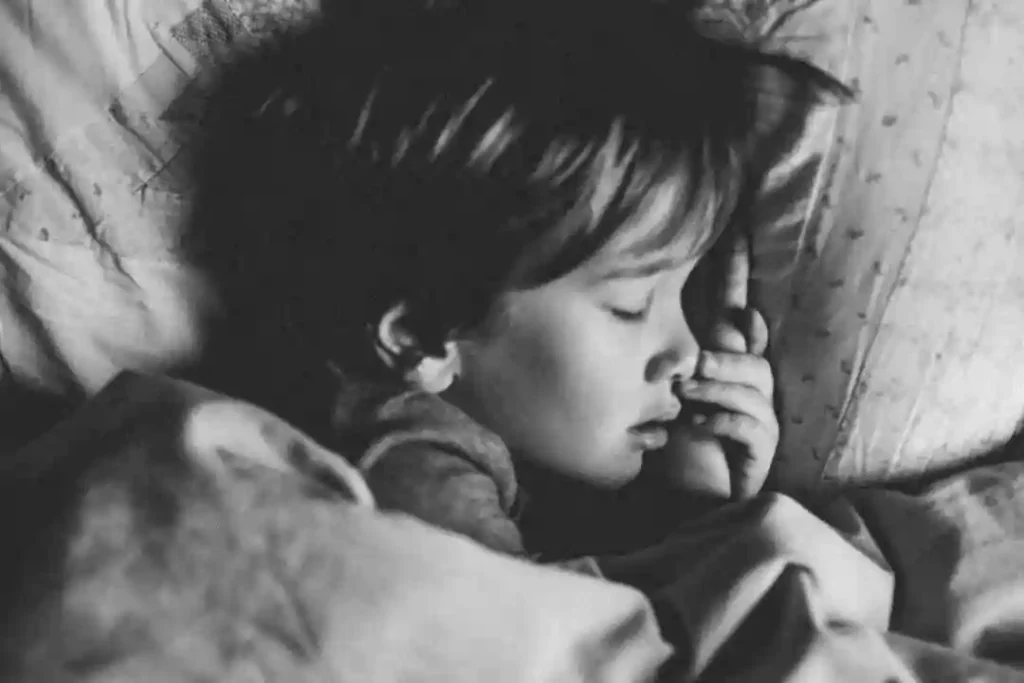
Those undergoing sleep issues are mainly classified as those with EDS, insomnia or unusual behaviors, right from strange body movements to violence. Therefore, it is crucial to have sleep disorders diagnosed and treated.
Causes of Excessive Daytime Sleepiness
Excessive daytime sleepiness can be attributed to a number of causes and it is wise to consult a doctor to identify the right cause for the right treatment.
Sleep Deprivation
Perhaps the most common of all ailments, several cases of excessive daytime sleepiness stem out of sleep deprivation which can either be due to lifestyle or emotional state or physical condition like aches & discomfort.
Drugs & Medications
Many times, medications are also the cause behind excessive daytime sleepiness. Some of the medicines can be antidepressants, antihistamines, and muscle relaxants to name a few. In such cases, consult your doctor and go for the alternatives.
Psychiatric Conditions
Mental causes are also one of the biggest factors contributing to excessive daytime sleepiness. Infact, it is found that 80% of people suffering from depression are more likely to have excessive daytime sleepiness as well as PTS, general anxiety disorder and Bipolar disorder are also some of the root causes behind daytime sleepiness.
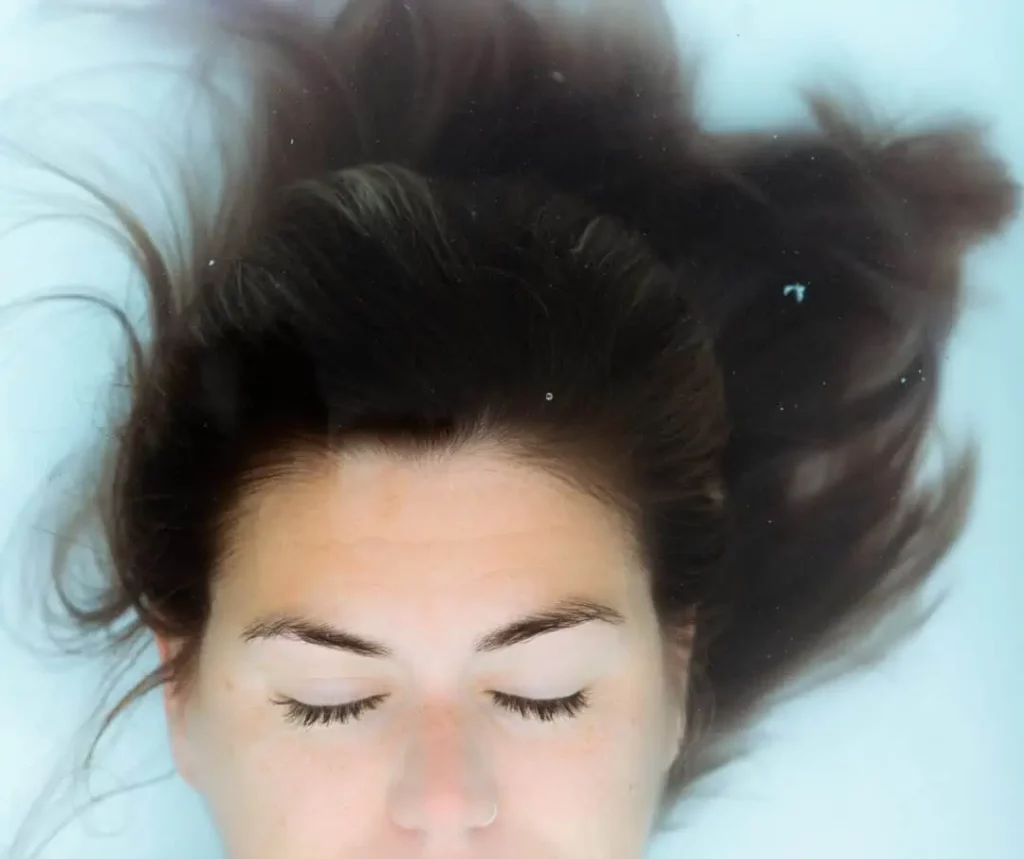
Excessive Daytime Sleepiness in Children and Adolescents
EDS is difficult to identify in children since it differs in symptoms and effects than in adults. Most commonly, adolescents might indulge in frequent naps while young children might nap for longer or instead of waking up from a nightmare, might continue, solely because of the impact of EDS on their brains.
Children going through EDS often complain about being tired or lethargic all the time, instead of just being sleepy. These are the keywords that often help medical experts draw a circle on the sleep-related issue in such cases.
Another characteristic of children with EDS is their short attention span. They might display symptoms related to Attention Deficit Hyperactivity Disorder (ADHD), emotional imbalance, low cognitive retention or be temperamental.
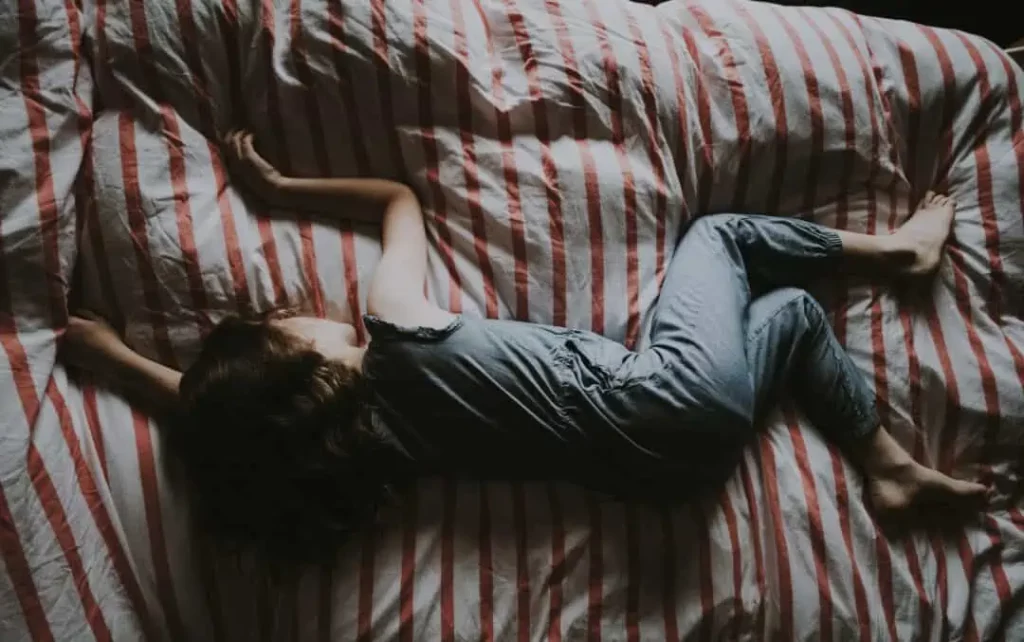
It is important for adults to realise this sleep-issue as a medically diagnosed disorder instead of just habits or attitudes. Young children with EDS might be mistaken for simply taking longer naps while adolescents might end being considered lazy/lacking motivation.
Impacts of Excessive Daytime Sleepiness
The effects of excessive daytime sleepiness are classified into behavioral, cognitive and physiological side-effects. These effects are usually inter-connected and often boost one another once the person enters the EDS loop.
Behavioral Impacts
EDS has a serious impact on the person’s behavior and their ability to perceive things around them, leading to psychomotor impairments that can reduce focus which often result in error in work, accidents and forgetfulness. Decreased productivity because of EDS can trigger stress and a whole lot of socio-economic issues like unemployment, anti-social temperament in the workspace and a lot more.
Physiologic Impacts
EDS is known to trigger hypoxemia, most commonly occurred in patients suffering from obstructive sleep apnea (OSA). EDS and OSA are intrinsically linked, which is often a marker for a certain metabolic syndrome. The resulting sleep deprivation can lower antibody production, thereby reducing immune response.
Cognitive Impacts
Sleep deprivation, narcolepsy and OSA, relative to EDS have an enormous effect on the cognitive functionalities of the mind. Those with EDS are known to have lower memory retention and higher memory impairments. Their responses and psychomotor performances are incredibly impaired, alson with the memory problem that usually arises from the short sleep bursts occurring because of the EDS.
Conclusion
While EDS is a life altering diagnosis, it is possible to take control of the disease and allow yourself to live the way you used to before or better than that if you’d like. Though there is no cure yet, controlling EDS takes a lot of mental effort and resilience along with reinforcements like therapy and support groups that can help you take this hurdle in your stride.
This website does not offer medical advice nor professional medical services; rather, it is provided solely for educational, informational, and/or entertainment purposes. Individuals seeking medical advice should consult a licensed physician. The information provided should not be used for diagnosis or treatment of any condition, disease, or injury. When you have a medical condition, you should always talk to licensed doctor or other certified medical professional. You should never delay seeking professional medical advice or treatment based on the contents of this website. Call 911 or immediately go to the nearest emergency room if you think you may have a medical emergency. The contents of this website are provided “as-is”, Sleep Authority and its parent, subsidiaries, affiliates, employees, contributors disclaim any warranty of the information contained herein. Please contact using contact form to report any errors, omissions, misinformation, or abuse.
